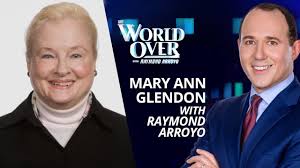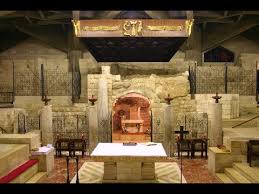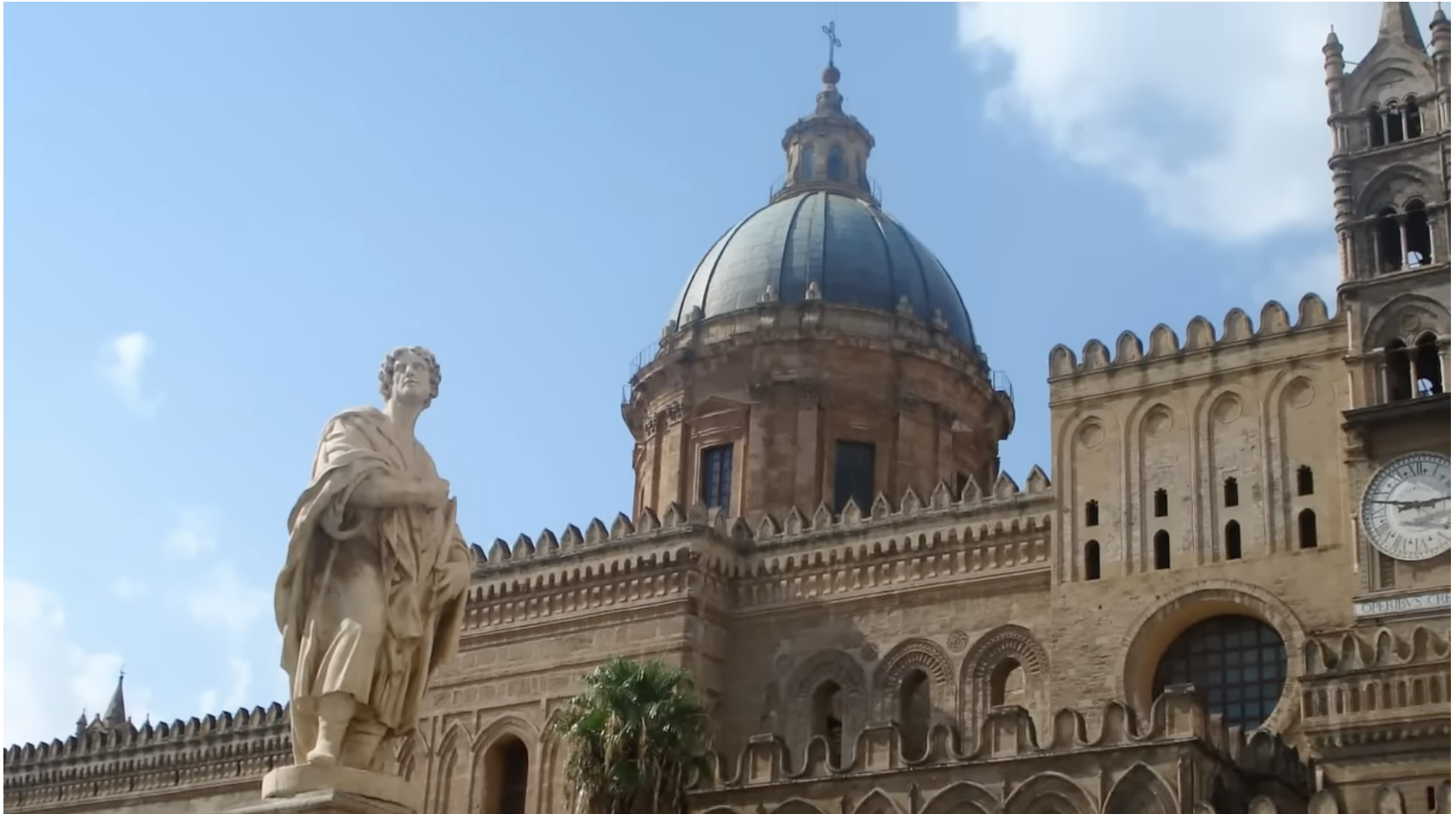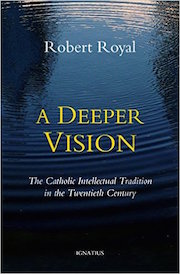The term “the best and brightest” often appears lately to refer to the students at elite Ivy League universities. Sometimes it’s used ironically, as when people ask of the students demonstrating for Hamas: “These are America’s best and brightest?” Well, no. But then again, they never were.
This isn’t merely a comment on our purportedly “elite” academic institutions. Most of the people who invented things, created companies, defended the country, served their communities, and built strong families didn’t go to Harvard, Princeton, Yale, or any of the other “elite” institutions. Plenty went to state universities, the military academies, or small liberal arts colleges. Even more never went to college at all.
Back in the 1970s, David Halberstam’s book The Best and the Brightest criticized the elite group of intellectuals – mostly from the Ivy League – around President Kennedy who designed the tragic conduct of the Vietnam War.
So, for many reasons, associating the term “the best and brightest” with students – or faculty – at elite schools is just silly.
The students in those schools are often smart and capable. And there are some excellent faculty at those institutions. But my complaint is broader than claims about certain universities. My claim is that none of the students at any college or university are America’s “best and brightest.” I say this as someone who loves teaching, loves his students, and considers himself very lucky to do what I do.
No, the reason I am saying that none of these students are America’s “best and brightest” is because they’re kids in school. America’s “best and brightest” are out in the world working, serving, taking care of their families, building things, inventing things, and all the rest.
As Aristotle and Thomas Aquinas would tell you, to be in act is better than merely being in potency to act. And students are basically a big ball of potency. They yearn to be in act, to be doing something important. But most just don’t have the training or the skills yet, nor do they have the maturity, the experience, or the good judgment.
Kids in school have potential, yes. Whether they will actualize that potential is another matter. Those of us who teach them, admire them, and care deeply for them know that, in many ways, they are works in progress. They are not quite, as talk show host Rush Limbaugh used to say, “young skulls full of mush.” But that’s not entirely untrue either. Many of my students are much brighter and more mature than I was at their age. But that doesn’t mean they’re “ready for prime time.”
So, who is “brighter” than they are? Well, for one, their parents. It never ceases to amaze me how often teens buy into the media propaganda aimed at teens that portrays parents as idiots. This is done, of course, so that when parents tell them they don’t “need” some teen product, the teens will confidently say, “You just don’t get it.”
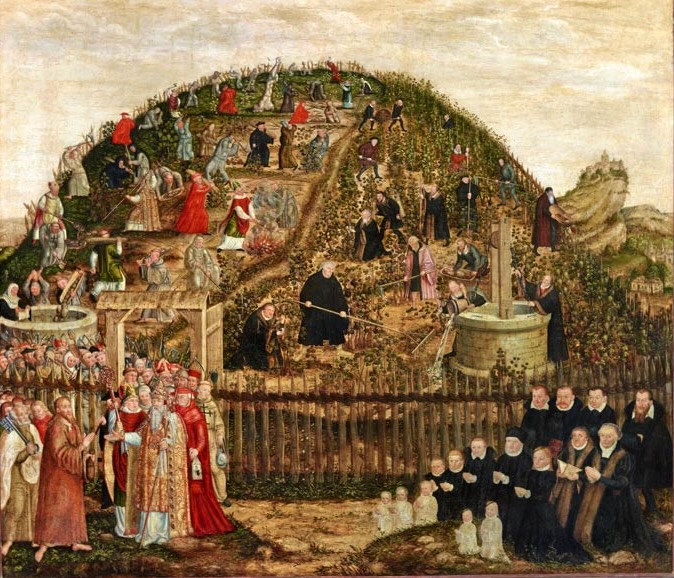
Their parents may be neurosurgeons, run companies, command troops, engineer rocket ships, re-wire entire buildings – and still they’re supposedly “dumb.” “Parents don’t understand sex and love,” I’m told. Do I really need to respond to that, since before me stands a child, the product of a sexual act, who seems healthy, well-fed, and is in college?
Those parents seem to understand something about sex and love. More than the media lets on.
So, it would probably be better if we told young people – and by this, I mean especially young people given the privilege of a college education – that they are not “the best and brightest.” That honor is something they will have to earn out in the world, by caring for others, doing things of value, and serving God and neighbor.
Right now, they are just big balls of potential. Whether they’ll ever amount to much depends on whether they learn anything of value; master any important skills and virtues, including mastering their own passions and appetites; understand themselves and their fellow citizens better; and gain the experience they need out in the world, including the experience of recovering from mistakes and failure.
I tell my students, if you think you want to live a certain life, you’d better find people living life the way you think it ought to be led, and you need to watch them, learn from them, and let their example challenge you.
People should only care about what you become, not what school you went to. They shouldn’t care whether you went to school at all if you can do the job. How colleges got this stranglehold on jobs and advancement is one of the sad stories of the post-World War II period. But however it started, it needs to stop. I believe in a college education. But it shouldn’t be treated as a sine qua non for job advancement.
I believe all my students have the potential to become “the best and brightest.” I believe that because my faith tells me that no matter how low they may have gone or how foolish they may seem, God can give them what they need to shine.
Sometimes the kids you might think are a complete disaster become the truest servants of God. That’s not anything I can predict or control. It’s in God’s hands. But the status of becoming “the best and brightest” lies ahead of them. As do all their best days.
So, when young people hear talk about “the best and the brightest,” they should look at such people like they’re selling snake oil, because they probably are. Then they should say, “Really? How stupid do you think I am? See those people out there doing things, defending the country, and serving God and neighbor? They’re the best and brightest. I just hope that someday I can be like them. In the meantime, shut up. I have to study and get myself ready. And blowing smoke about being ‘the best and the brightest’ isn’t going to get me where I need to go.”


